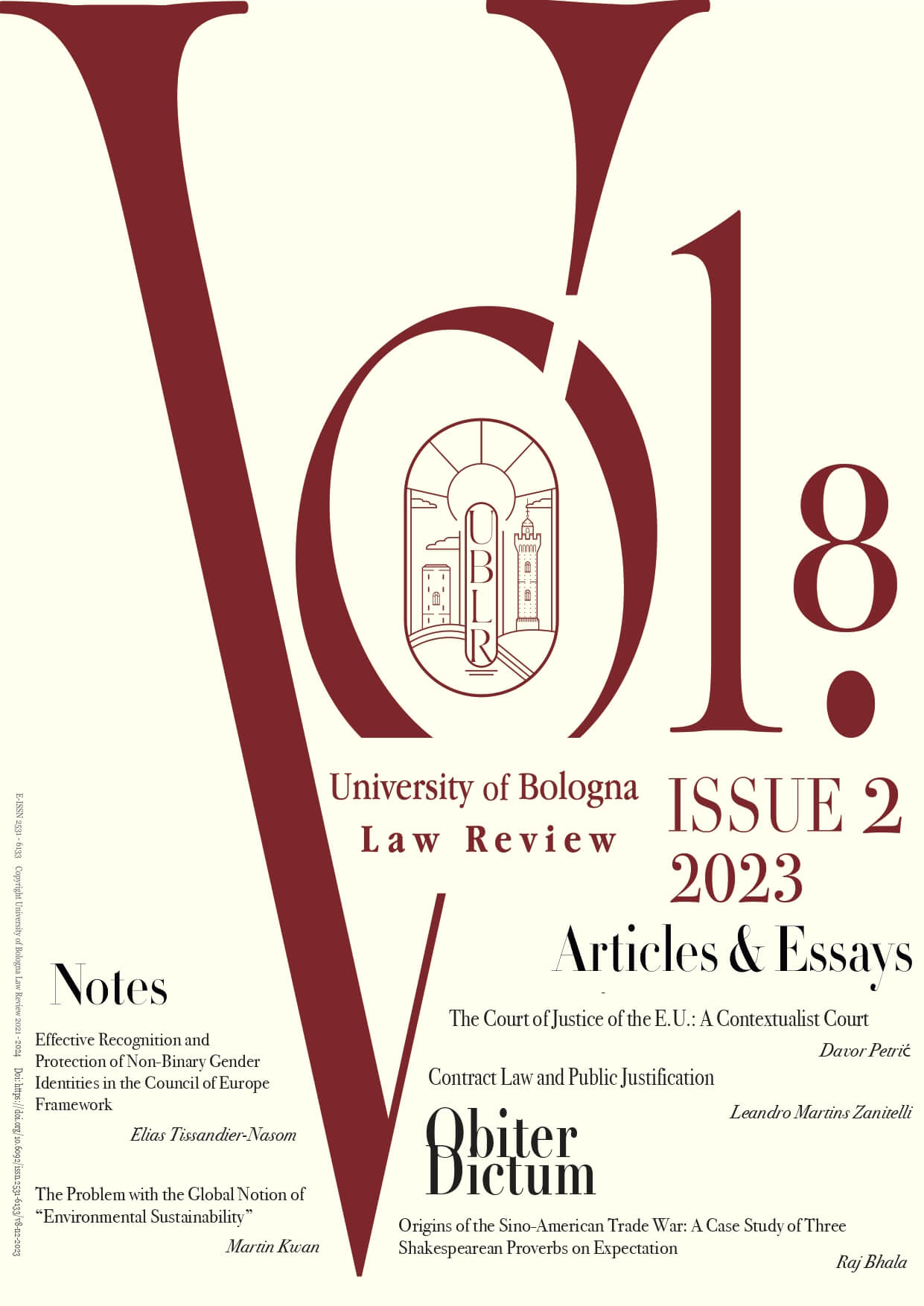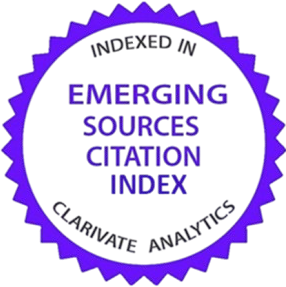The Problem with the Global Notion of “Environmental Sustainability”
DOI:
https://doi.org/10.6092/issn.2531-6133/18838Keywords:
UN Sustainable Development Goals (SDG), Renewable Energy Transition, Carbon Emissions, Climate Change, Green EconomyAbstract
This article reflects on the international notion of environmental “sustainability” from the normative perspective. As a norm, it has been commonly analogised to “justice” — meaning the failure to uphold such would constitute a “wrong”. At its face value, this positive understanding should be welcomed as it signals and promotes the importance of sustainability. However, this article takes the role of the Devil’s advocate and argues that this analogy does more harm than good. It has over-glorified the notion of environmental sustainability because injustice is — at least in theory — an absolute wrong in all circumstances, but unsustainability is not. On the one hand, the public is being increasingly instilled with the normative idea that unsustainability is wrong. On the other hand, unsustainable acts are not necessarily outlawed and may even be endorsed. This undermines the rule of law and its perception because the law, in effect, is selectively allowing and sanctioning different acts involving the exact same wrong. This goes against the rule-of-law requirement of consistency. If the world truly cares about sustainability, it should be accorded the same paramount status as “justice”, so that it will be upheld to the greatest possible extent. If this is not possible, there is still a pressing need to state the standingof the norm, accurately, to avoid creating an expectation gap and causing further harm to the rule of law.
Downloads
Downloads
Published
How to Cite
Issue
Section
License
Copyright (c) 2023 Martin Kwan

This work is licensed under a Creative Commons Attribution 4.0 International License.














